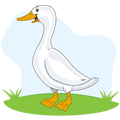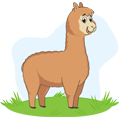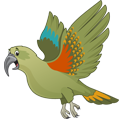Companion Animals and Lockdown
Login to your account
Authorization warning
This page is visible only to registered users
This page is visible only to users in the role: SystemAdmin
Please note that your current account do not have the required privilages to access the requested page or resource.
Contact your administrator if you need access to this page






















